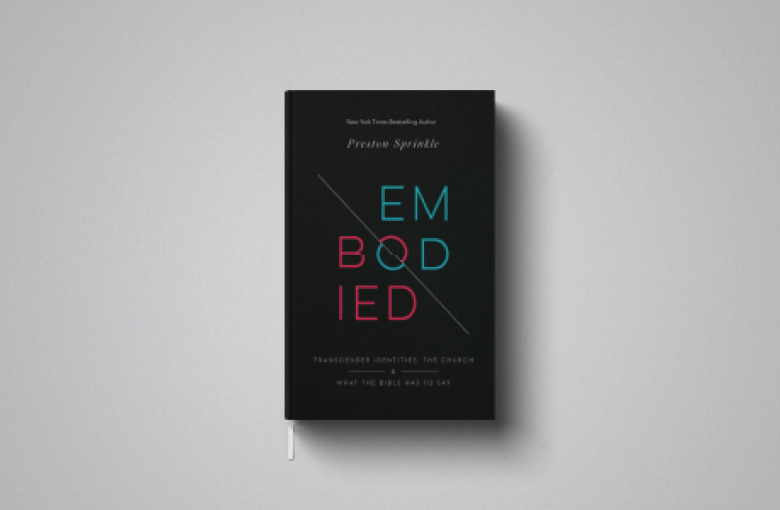As Christians, God calls us to reach out to people all over the world and to make Jesus known.
But I’d also heard about Jesus in a way I’d never heard before, a Jesus who wasn’t just a fable with the goal of making me a better person, but Jesus who was God among us
Some people have suggested that TFT is harmful, homophobic, coerces people or operates from a place of fear. Such concerns are important to reflect upon. It’s a tragedy whenever someone purporting to be a disciple of Christ subjects others to pain, trauma or distress. So, how does TFT protect those that it comes into contact with from harm?
“For all have sinned and fall short of the glory of God” (Romans 3:23). As a young child, I sang this well-known scripture verse along with a cassette tape of Bible songs. My mom interrupted me, saying, “You shouldn’t sing that! It’s too negative.” That moment encapsulates how my family, and even my church, felt about sin. It was something we didn’t talk about, or even think about, and certainly not something we ever did.
This film presents some shocking and damaging abuse of a young man Jared. Donald explains the impact the film had on him and whether he would recommend others to watch it.
In the face of hostility, it’s easy to get stuck in one defensive posture, reacting to everyone outside our tribe in the same rigid way. In this article I’ll be reviewing four possible responses we can have to hostility: compromise, silence, withdrawal and confrontation. Looking at each of them in turn, I’ll be identifying when they can be valuable, but also showing the harm that comes by taking the response too far.
This is an ideal book both for Christians to read to learn more about transsexuality, and to give to those who identify as trans, irrespective of what they think about God. This is a book that, despite my high expectations and medical background, did not disappoint me in any way. Its pages flow with humanity, understanding and both biblical and scientific truth.
I was once part of a small group (around ten people at the time) from a large church (several hundred people) in Cambridge that held to the orthodox view on biblical sexuality. We formed this group of various people within the church who experienced same-sex temptations. The leader of the group was Brian, who did not personally struggle with same-sex feelings, but he had a gift for overseeing our gatherings.
"Conversion therapy" is perhaps most often used to describe any kind of attempt or intervention which aims to change a person’s sexual orientation. TFT does not aim to change anyone’s sexual attractions, nor do we practise any form of conversion/reparative therapy. In this article, I offer three principles, drawn from scripture, that inform our stance on this matter.









